DPI-413
Democratic Backsliding
Fall 2023
Pippa Norris
Class time: Mondays 4:30-6.15pm Rubenstein 306, HKS
First class: Friday 1 Sept 4.30-6.15 Rubenstein 306
Download the DPI-413 Fall 2023 syllabus
Aims and objectives:
This course provides the analytical knowledge and practical skills to understand democratic backsliding in the UnitedStates and worldwide.
The early 21st Century has seen warning signals that peoples in America and every part of the world face clear and present danger from liberal democratic backsliding and authoritarian resurgence. Specific dramatic cases are commonly highlighted, exemplified by developments in the US, Hungary, India and Venezuela. The cumulative effects erode the quality of liberal democracies -- sometimes triggering their eventual collapse. Meanwhile, authoritarian states have also become more repressive at home and emboldened abroad, challenging human rights, G7 and NATO alliances, and the rules-based world order.
At the same time, however, considerable debate surrounds the direction and severity of any global downturn in liberal democracy – other Western countries may not reflect American experiences. And no consensus exists about the weight which should be assigned to the general drivers of any reversals which do occur, including the roles of agency (strongman leaders), culture (authoritarian values), and structure (institutional guardrails).
Part I in this course opens by discussing the concept of backsliding, the measurement and classification of democratic and autocratic regimes, and the debate about global trends.
Part II debates multiple explanations for political developments. This includes accounts focusing upon: (i) the rise of strongman leaders through processes of executive aggrandizement with flawed constitutional guardrails; (ii) declining support for the civic culture with values like tolerance and trust among ordinary citizens; (iii) and growing polarization and the rise of authoritarian populist parties and leaders.
Part III considers several practical policy options and institutional reforms staunching backsliding and strengthening liberal democracy, to understand what we can learn from best practices around the world. This section focuses on: (i) reforms to strengthen electoral systems and electoral integrity designed to reduce contentious elections undermining the peaceful transfer of power; (ii) what can be done to strengthen the free press and reduce the spread of misinformation and disinformation in the digital age; (iii) power-sharing constitutional reforms strengthening the horizontal accountability of the executive; and lastly (iv) the role of international aid and technical democratic assistance.
The course adopts a comparative perspective, to understand developments in American democracy in a global context, using cross-national time-series data and selected case-studies of the process. Assignments include a mid-term workgroup regional report, a final individual research report, and class participation throughout. Some familiarity with statistics is useful but not essential for this class. Hands-on class sessions will encourage professional skills in data visualization even without any dedicated graphical software like SPSS, Stata, Tableau, or R.
The class encourages the capacity to think critically about contemporary problems, to read widely beyond the US headlines, to write evidence-based reports effectively for a broad practitioner readership, and to communicate using professional data visualizations skills.
Pedagogy
The course will use four main methods of instruction and learning: see the syllabus for details.
Weekly class discussion sessions Mondays 4.30-6.15
Weekly asynchronous pre-class lecture video and readings
Weekly live online peer-learning workgroups (starting 25 Sept)
Office hours: individual by signup appointment via zoom

